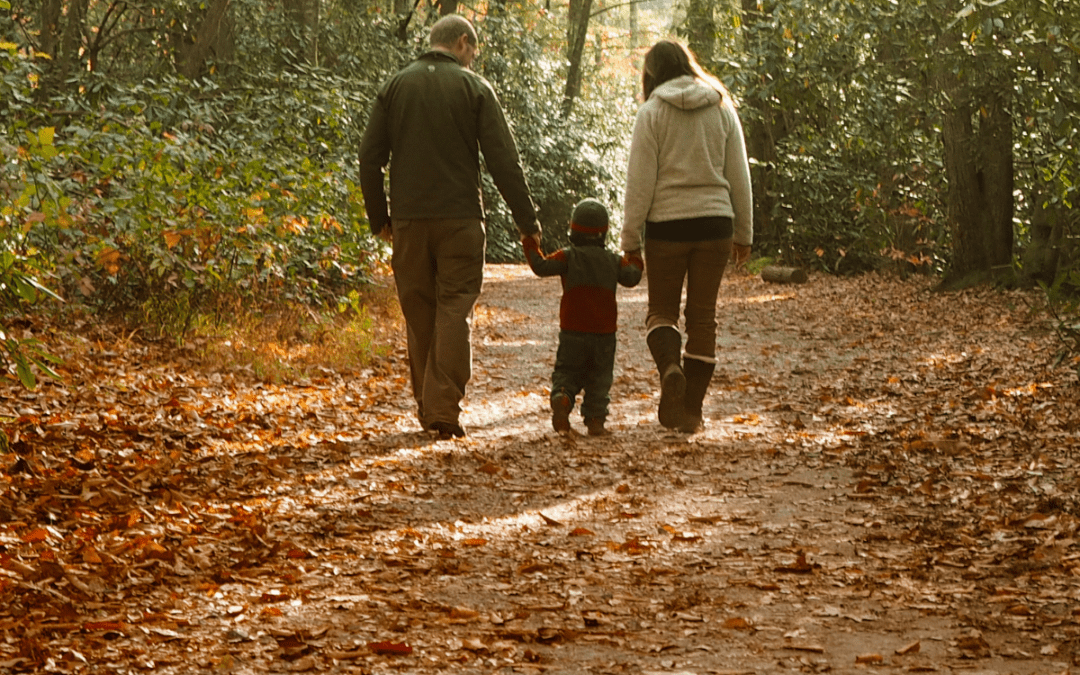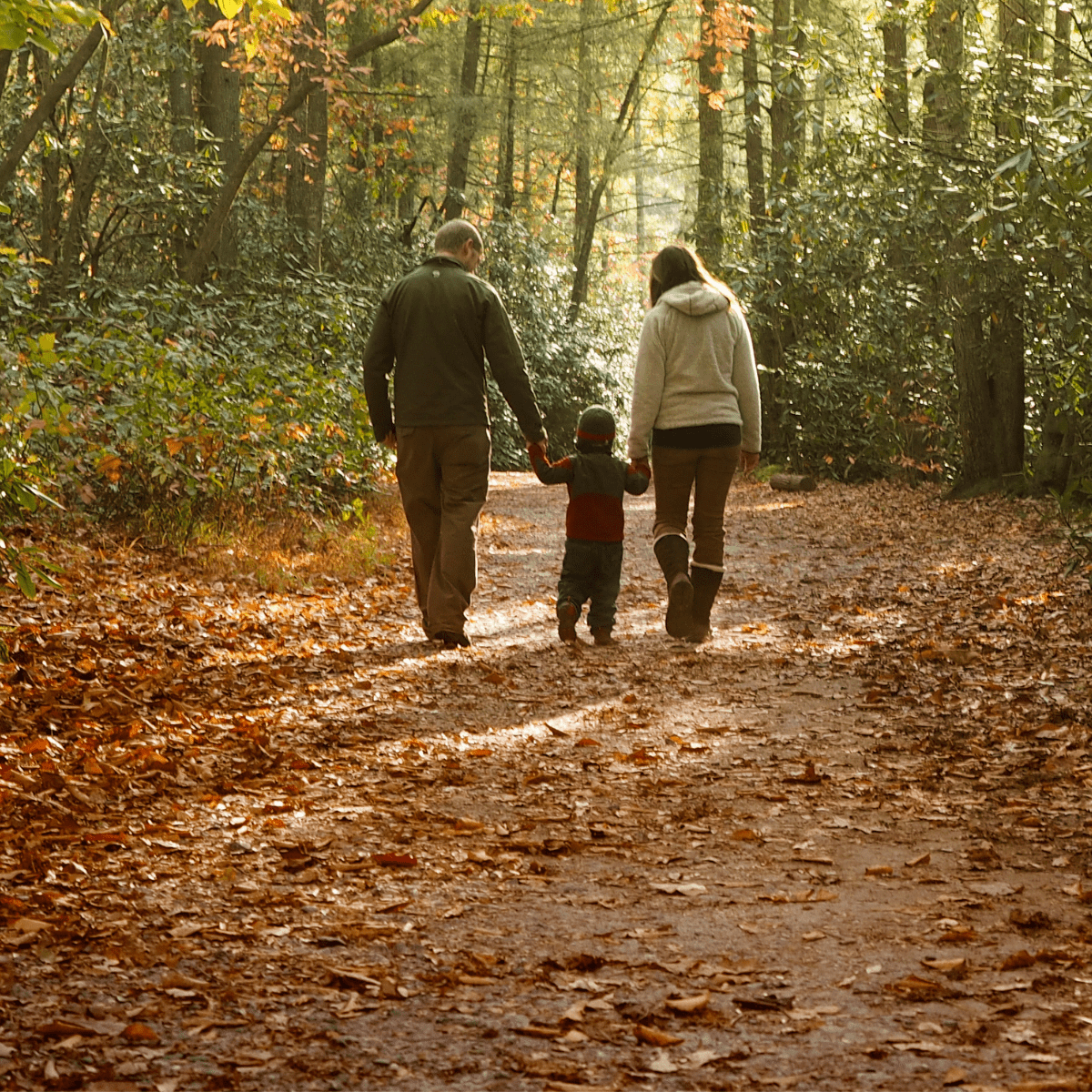Nature Connection:Better than Medication
In light of the need for a new wellness model that underpins healthcare and connects people to activities rather than pharmaceuticals it was great to see this report in The Guardian about the outcomes from an NHS England test pilot scheme for Green Social Prescribing that explored using a connection with nature to help mental health. And the findings have been truly inspiring. The government backed scheme saw seven national test and learn sites, including here in Bristol delivered by one of NCIM’s board members, Dr Marion Steiner. GP’s, mental health teams and social workers were given the opportunity where appropriate, to prescribe a huge variety of ‘green’ (nature based) or ‘blue’ (water based) activities via social prescribing link workers, supporting people within those communities with mental ill health. Read the full Guardian article here: ‘Better than medication’: prescribing nature works, project shows | Environment | The Guardian
It is thought to be the largest project of its kind undertaken in the world to date and I truly applaud those who made it happen. Prior to the scheme being implemented a survey of GP’s in the UK identified that 2 in 5 consultations were about mental health concerns. GP’s were struggling under the weight of cut services for mental health, limited resources and growing patient lists. At breaking point post 2020 Covid, the scheme was launched in April 2021.
More than 8,000 people have been prescribed activities such as walking in nature, conservation schemes, outdoor talking therapies, community gardening or wild swimming. It may sound pointless to some but spending time in the natural environment has been proven to reduce stress, anxiety and depression. It can help with sleep disorders, boost our immune systems as well as reducing the risk of chronic diseases and helping keep us fit.
And the results have been incredible: on assessment scores marked before and after the scheme, the average levels of anxiety for participants fell from 4.8 to 3.4 out of 10 whilst happiness scores rose from 5.3 out of 10 to 7.5. Some participants described the scheme working better for them than medication or CBT. Not only has it genuinely improved people’s lives, but the cost saved to the @NHS must be humbling not to mention the reduction on overprescription.
It is genuinely wonderful to see the NHS embracing social prescribing, non-drug approaches to wellbeing and of course the power of nature connection. The move to Integrative Medicine is happening, albeit slowly, but I couldn’t be more delighted to see the movement for change occurring and know that this might be a way to avoid system collapse in the NHS..
My final note is that I am so delighted to share my son George Thompson’s brilliant new film “The Subtle Art of Losing Yourself” premiering in Shoreditch and Bristol next month. Filmed in the wild Cairngorms of Scotland, George delves into the lessons that these rural natural wild spaces can teach us about wellbeing and perhaps most interestingly about our own identity and purpose. The film aims to address the challenges of our times and to demonstrate how balance is possible for both people and the planet.
Dr Elizabeth Thompson


